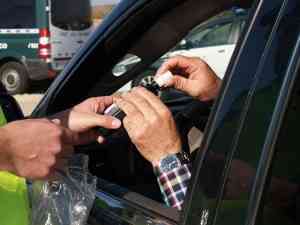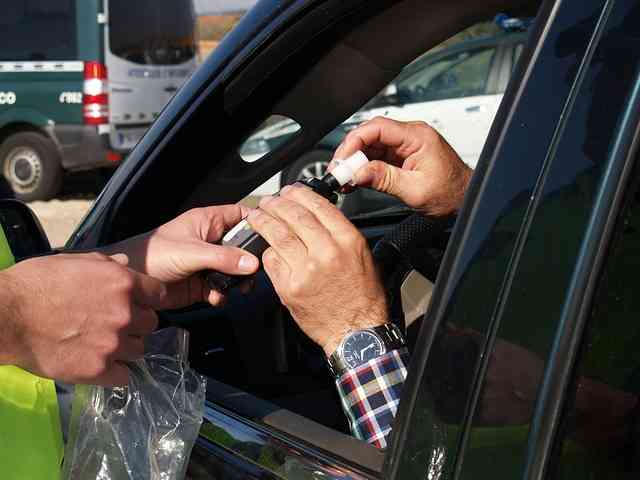 Driving While Impaired (DWI) is a costly charge. Defendants facing this legal case find themselves incurring high expenses. Apart from the DWI charges, legal costs and court-related fees, guilty drivers face financial fallouts. Suspects are required to attend sentencing programs and court-mandated seminars. Furthermore, convictions may lead to license suspension and unwanted jail time.
Driving While Impaired (DWI) is a costly charge. Defendants facing this legal case find themselves incurring high expenses. Apart from the DWI charges, legal costs and court-related fees, guilty drivers face financial fallouts. Suspects are required to attend sentencing programs and court-mandated seminars. Furthermore, convictions may lead to license suspension and unwanted jail time.
According to David A. Nachtigall, “DWI is one of the most common arrests in Texas, but nonetheless carry potentially severe penalties. In addition to the risk of going to jail for up to six months for a first offense, a person convicted of DWI faces license suspensions, surcharges from the Texas Department of Public Safety, and other potentially burdensome restrictions on his or her driving.” The most obvious option to avoid DWI charges is to not drink and drive, but if you are unfortunate enough to face a DWI charge, be sure that you know your legal rights.
For drivers who believe they are within their legal rights and want to avoid DWI charges, here are the things you should avoid:
-
Not Obeying All Traffic Rules
Disregarding traffic rules raises suspicion. Always remember to follow traffic rules. Don’t drive past or below the speed limit. Don’t make turns without signaling and make U-turns at designated U-turn slots. Be a responsible driver, despite the amount of alcohol.
-
Being Unprepared with Officer Dealings
When an officer approaches your window, have your license ready. Don’t exit your car or size up to the officer. Remain silent and speak when you are asked. Know where the important car documents are so you can give them when requested.
In addition, making suspicious movements in your car can be disastrous. Officers are concerned for their safety and you moving around arouse warning.
-
Telling the Officer You’ve Been Drinking
Never tell an officer you’ve had a beer or two. You do not want to lie about it, but you don’t have to tell everything either. Be polite by answering questions with a simple ‘Yes’ or ‘No.’ Don’t talk your way out of a DWI.Instead, exercise your right to remain silent until you have spoken with your attorney. Telling an officer you’ve had a drink gets you jail time.
-
Take Coordination Tests
Police officers often claim they smell alcohol despite the lack of scent. Alcohol does not have strong odor; the scent comes from drinks containing the alcohol. Non-alcoholic drinks can smell like alcohol, which the police may use against you.
Not all states require field sobriety tests. Practice your rights. Officers use test results for stronger proof. When an officer asks you to take the test, just say no.
